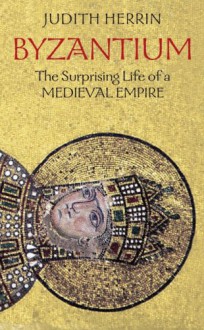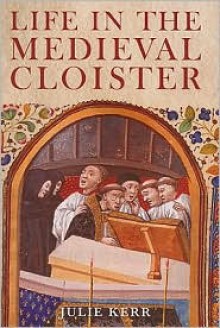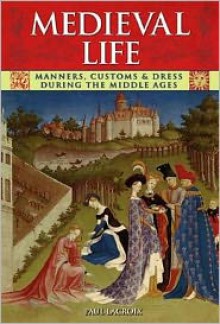
Margaret of Ashbury's introductory tale is included on The Idiot's Guide to Reading's historical fiction. One of my personal challenges for this year is to read as many books as possible from this list. One down. Fifty-nine more to go. Hopefully the other ones are a little better.
This was a perfectly fine book. It wasn't anything spectacular or life changing. It was an excellent look at women's lives in medieval England if nothing else. Margaret was immensely likable even if she was incredibly naive. She reminded me of Luna Lovegood from Harry Potter. Everything is more or less falling apart around her but she holds fast to her beliefs and maintains that eventually everything will be alright.
Let's home Margaret's attitude is enough to get her through the next part of her story. She's going to need it. I haven't been that surprised by a plot twist in a long time.
Read 2/10/2020 - 2/12/2020
Book 14 of 75

 Log in with Facebook
Log in with Facebook 









